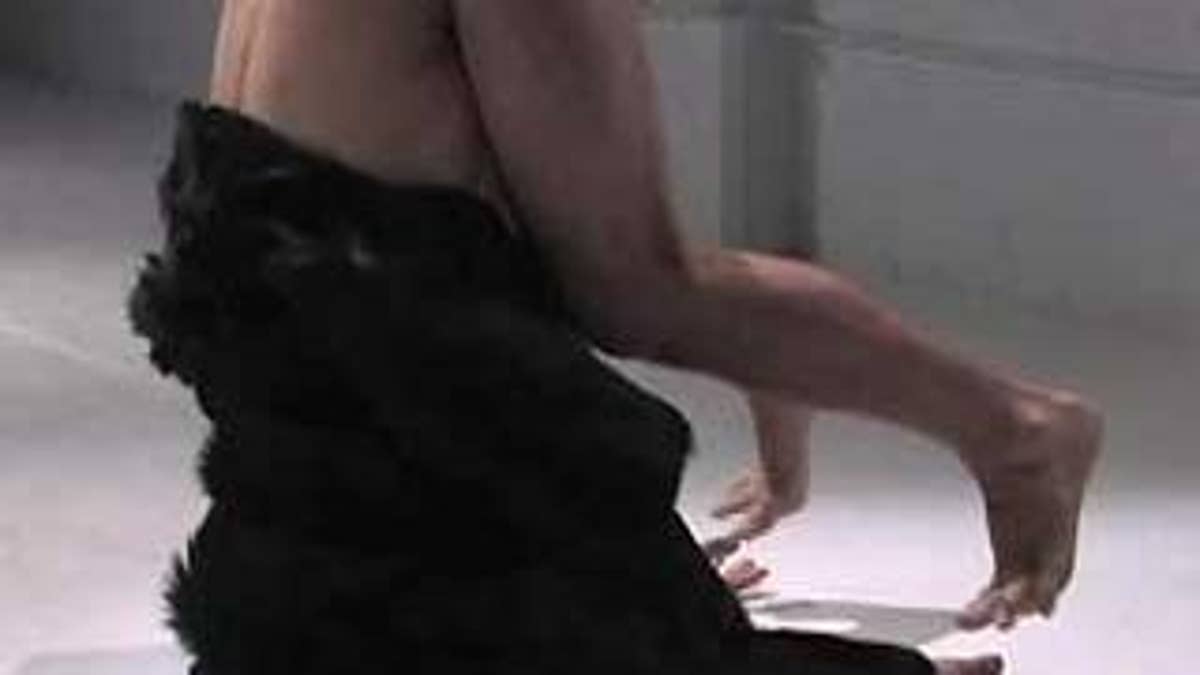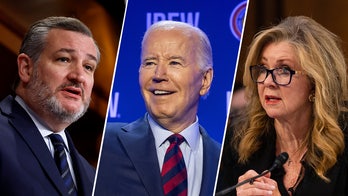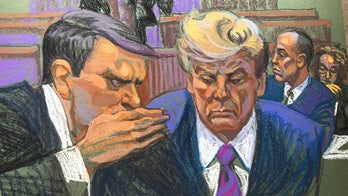
More than 50 congressmen sent a letter blasting what they called "indecent" and "abhorrent" art projects funded by grants from the National Endowment for the Arts as part of the $787 billion economic stimulus bill.
The NEA may be spending some of the money it received from the Recovery and Reinvestment Act to fund nude simulated-sex dances, Saturday night "pervert" revues and the airing of pornographic horror films at art houses in San Francisco, as first reported Thursday by FOXNews.com.
"These are funds intended to create permanent jobs, not to feed prurient interests," wrote Rep. Cliff Stearns, R-Fla., in a letter signed by 50 colleagues in the House and fired off to Patrice Walker Powell, the acting chairman of the NEA. "I find it unconscionable that taxpayers are funding objectionable and obscene movies, plays and exhibitions."
Click here to read the letter.
The NEA was given $80 million from the government's stimulus package to spread around to needy artists nationwide, and most of the money is being spent to help preserve jobs in museums, orchestras, theaters and dance troupes that have been hit hard by the recession.
But a few of the NEA's grants are spicing up more than the economy, including these offerings to some risque art houses in San Francisco:
- A $50,000 infusion for the Frameline film house, which recently screened Thundercrack, "the world's only underground kinky art porno horror film, complete with four men, three women and a gorilla."
- A $25,000 injection for Jess Curtis/Gravity, a dance troupe whose "Symmetry Project" looks something like two people writhing naked on the floor.
- A $25,000 check for CounterPULSE, which offers a weekly production of "Perverts Put Out" -- the "long-running pansexual performance series" that invites guests to "join your fellow pervs for some explicit, twisted fun."
Staffers at the institutions said the stimulus funds were helping keep jobs alive in a city whose economy positively runs on art, but members of Congress were irate over the funding. An analysis conducted by the NEA itself last year found that the supply of non-profit theaters has vastly outstripped demand.
"Our intent is not to censor artistic freedom," wrote Stearns. "The fundamental question is why is the federal government supporting artists that taxpayers have refused to support in the open market place?"




